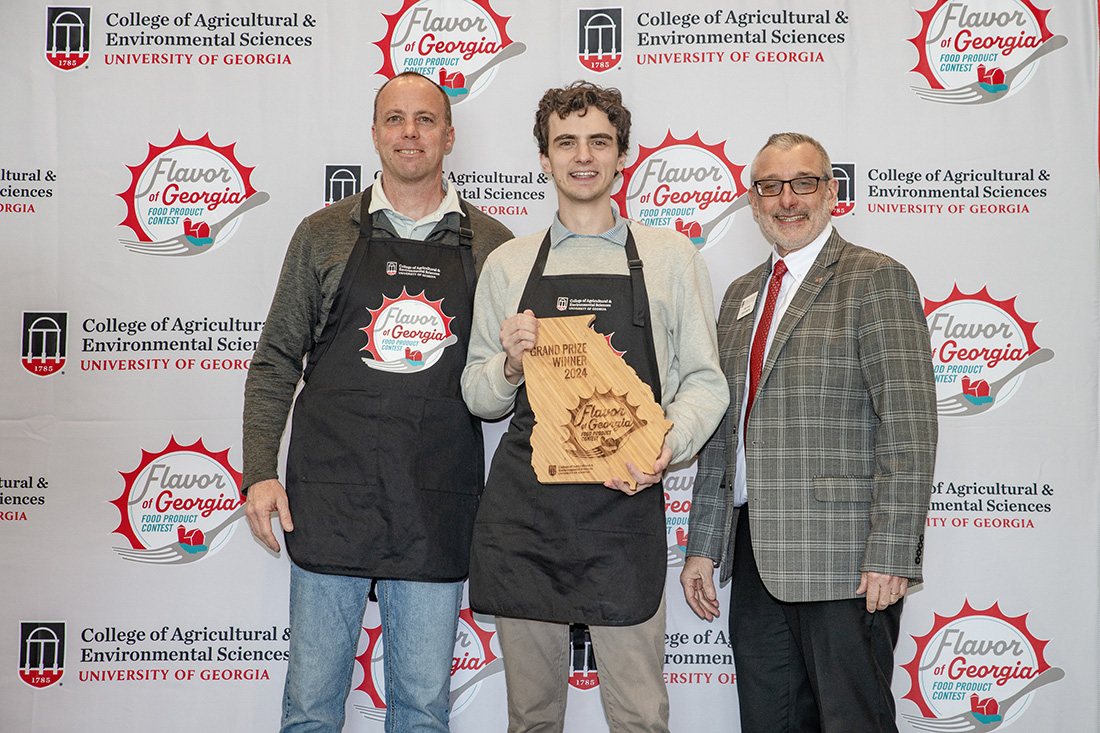Football season is here, and soccer and basketball seasons are soon to follow. There will be marching and pep bands, families gathering to cheer on their favorite teams, lots of fun and my favorite part: the concession stand.
Concession stands are great fundraisers. They vary widely from site to site in everything from the menu to the accommodations they offer. The safety and well-being of everyone visiting the concession stand, as well as the organization’s reputation, lies in the hands of a small, but dedicated, group of volunteers.
If you are working at a concession stand this football season, use these helpful tips from University of Georgia Cooperative Extension to ensure proper food safety, and stay in the game.
Remember your checklist of essential items:
- Dishwashing liquid can be used to clean all equipment and utensils; it can also be used to wash hands in the absence of soap.
- Paper towels can be used to wash and dry equipment and utensils, dry hands and clean countertops. Remember that sponges, dishcloths and brushes can spread harmful bacteria.
- Sanitizing solution can be used to sanitize all workspaces, including countertops and equipment. According to UGA Extension food safety specialist Judy Harrison, “Sanitizing is a step beyond clean and reduces the levels of bacteria left behind after cleaning.” A quick recipe for sanitizer is 1 tablespoon of bleach per gallon of water.
- Gloves, tongs and tissue paper can be used to avoid hand-to-hand contact with food items.
While working the concession stand, it’s essential to adhere to these helpful tips:
Wash your hands often. This includes when you begin and end your shift, and any time you return to the stand. Hands should be washed frequently during food service. Remember that sharing towels also spreads bacteria.
Clean your hands and change gloves if you handle money with your gloves on and plan to continue with food service.
Keep germs out of the ice. Place the ice scooper in a secure place outside the ice machine. You wouldn’t want germs from the handle to contaminate the entire batch of ice.
Ensure that all meats are cooked to the appropriate internal temperature. Grillmasters, keep in mind that beef should reach 160 degrees Fahrenheit and chicken should reach 165 F. Reaching the correct temperature is a safe way to kill bacteria and avoid illness.
Keep it cold. Lettuce, fruits, vegetables and condiments should be stored in a cooler with ice or in a refrigerator at 40 F or below. While this may be a no-brainer, I can’t tell you how many times I have personally seen lemons, pico de gallo and other condiments languishing outdoors without proper cooling.
Keep it hot. Some foods can be dangerous if they are not held at the appropriate temperature once they are cooked. If the food item is not kept warm, throw it out after two hours; if the temperature exceeds 90 F, that time should be reduced to one hour.
Even if you only have minor symptoms of illness, don’t volunteer. Get someone to replace you.
Lastly, training is essential. Volunteers are often students, parents and good-hearted members of the community. Provide food safety training prior to the big event.







